by Hen
Despite the fact that the biodiversity offsetting research pilots don’t finish until Spring 2014, tomorrow sees the deadline of DEFRA’s Biodiversity Offsetting consultation. The research isn’t finished, hardly anyone in civil society knows about it but hey, when have DEFRA ever let that stop them?
To read more about Biodiversity Offsetting (BO) and why we think it stinks, click here.
First thing’s first, just like carbon offsetting, biodiversity offsetting is a dangerous policy for our environment and our communities. Especially in the current economic climate of free trade, de-regulation and growth at any cost. It does not address the underlying issues of habitat loss and is a greenwashing, firefighting exercise designed to shackle NGO’s and subdue communities to speed up development.
Yes, I am aware of the potential positives of biodiversity offsetting I just don’t see the evidence that this Government has the best interests of our natural environment at heart. Show me the evidence to the contrary and I will gladly drop my cynicism. This policy is all about the money and gaining access to previously protected land for development.
Biodiversity offsetting is made possible by conservation banking. The marketisation of nature. Your local common, woodland, meadow or other green space will be converted, calculated using a series of habitat type and habitat quality metrics, into ‘biodiversity units’ and then banked in preparation for trading to offset developments. It is short-termism and it is all about the money. It will only ever be about the money.
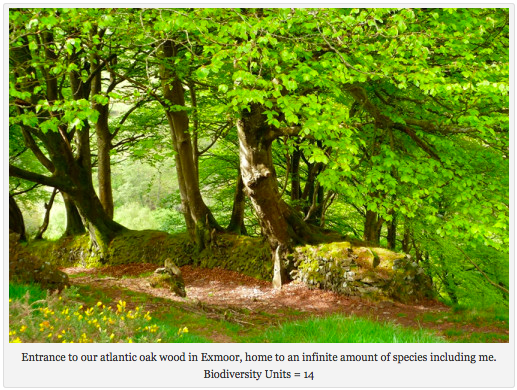
There is no measurement of the quality of a green space to the local community. The cultural heritage of the landscape is completely dismissed. If DEFRA had truly engaged civil society on this issue it would have recognised the importance of this.
We’ve heard how de-humanising people enables us to commit atrocities against one another, I believe that reducing a forest to tradable biodiversity units is de-naturising and will enable atrocities against nature.
There is no guarantee that an area that has become an offsetting site will be protected from development into the future or that it will continue to be managed as an offset site after the initial BO contract is finished. Who will monitor the offsetting site to ensure it is meeting the objectives set out in the contract and how will this be policed, independent and transparent?
The similarities between the actions of those involved in biodiversity offsetting and those involved in the privatisation of our public forests is striking.
Before the public knew about Government’s plans to flog off our public forests politicians were meeting with environmental NGOs and industry to test the idea of a sell off and see how they could each benefit, never mind what the public might want. It was assumed we the public didn’t care, that we wouldn’t understand and so we weren’t properly consulted. It took us months of FOI’s and support from a lawyer to find this out. Serious stuff.
Ministers thought they were consulting civil society when they talked with NGO’s. A u-turn and the sacking of the Secretary of State later and they realised just how much they had ‘got this one wrong’.
It’s worth remembering this when looking at how Government is working hard not to get it wrong with biodiversity offsetting, I mean in terms of preventing another massive grassroots campaign or ‘forestry shmozzle’ as Owen Paterson put it in a recent DEFRA & Civil Society Q & A at the RSA. I’m not sure what a ‘shmozzle’ is but I’m pretty sure it isn’t respectful to the half a million members of civil society who stepped up, when no-one else would, to stop the privatisation of their forests.
In the video below, from about 46 minutes in, you will hear Owen Paterson describe exactly how he has learned from the Save Our Forests campaign and so this time has consulted extensively with NGO’s before publishing the Biodiversity Offsetting Consultation. Now, how many of us even heard of biodiversity offsetting before a couple of weeks ago? How then is DEFRA reaching out to civil society on this issue that so affects us?
http://www.youtube.com/watch?v=Lmgbrrv76aY&feature=share&t=46m25s
Government have been testing out biodiversity offsetting, with the help of NGO’s, by running a two year pilot that ends in April 2014. It’s ironic that even those people living in a pilot area don’t know they’re in a pilot area. Often, as was the case in Gosforth, they only find out when they turn to their local environmental NGO for support to save a vital local green space, only to be ignored. It’s a complete joke. That and the fact that DEFRA are running this consultation without telling civil society and before the research is completed is, well, a complete joke. Which would be funny if it wasn’t so destructive.
I’m aware that this piece is a bit on the negative side. Sorry about that. I can’t help but feel that BO is going to be used as one of the wedge issues in the run up to the election, to divide and confuse communities and subdue NGO’s to give this Government what it’s focused on at the moment, money and winning the General Election.
I have to go by my experience with the Save Our Forests campaign. For the past 3 years we have had consultation upon consultation, upon independent panel, upon policy statement, upon consultation, upon meetings, upon consultation.. which we have been grateful for and done our best to be constructive and helpful with. Though we have asked.. ‘just how many times do you need to ask us the same questions?’. It appears that it’s just as long as it takes them to get through the backdoor what they wanted all along.
I fear that this new found system of dubious transparency, consultancy and engaging civil society is, as Mr Paterson put it, to avoid another ‘forestry shmozzle’ and is more akin to the snake queuing system used in abbattoirs to keep the cows distracted as they’re unknowingly moved in to the slaughter house.
As Hannah from the forests and forest peoples rights NGO, Fern, says in her latest article in The Ecologist;
“If the results of the new consultation is a big Whitehall push to increase development with the promise of offsetting the damage, this will make a mockery of ecology. Nature cannot be treated like chess pieces that you can move around, eliminating ecosystems at will, only to recreate them elsewhere.
This is most obviously the case with long established ecosystems – ancient woodlands for example, that have evolved over thousands of years in harmony with highly site specific soils, hydrology and meteorology, and management regimes.
And as far as local communities are concerned, location is all important. Even if an ecosystem were to be successfully transplanted elsewhere, it would lose its cultural significance and its relevance to local people and local history. How are environmental consultants to value the importance that nature has for local peoples, or the role that nature and landscape play in individual and collective lives? It is not just what nature is, but where it is that counts!”












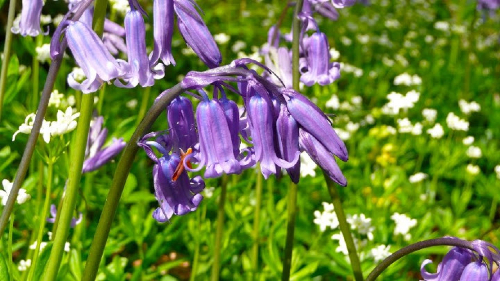
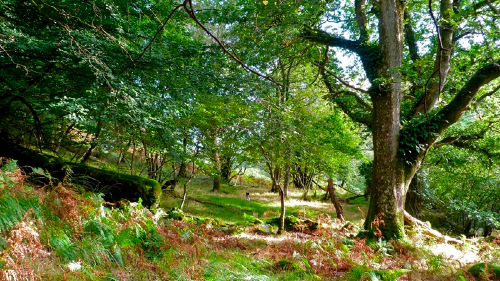
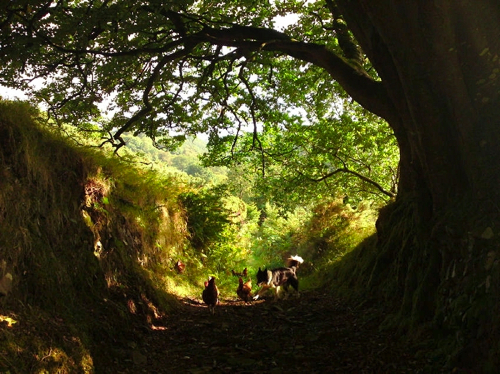
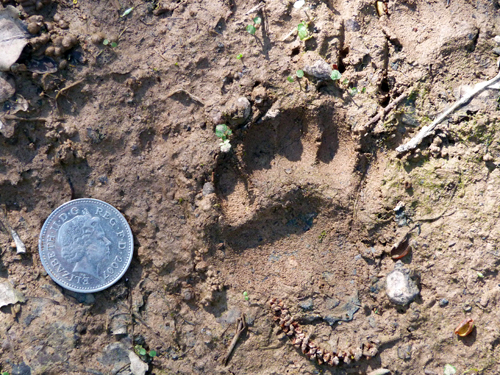
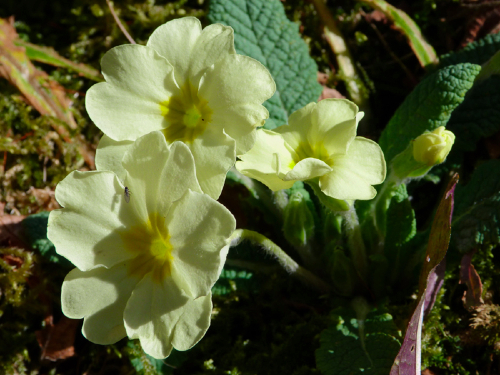
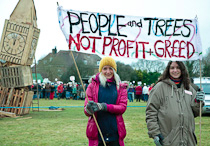


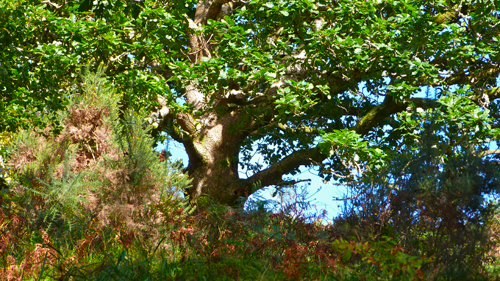
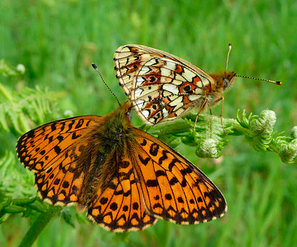
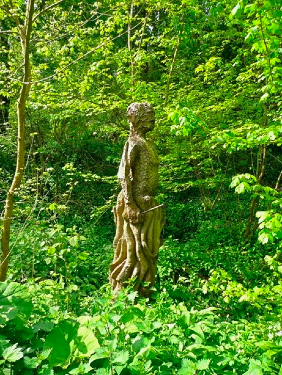




A direct manifestation of the commodification of nature, I am appalled at how undemocratic this policy drive is. NGO board members’ views and interests not necessarily public consensus. Thanks for highlighting, Hen.
Say NO to BO! It’s just a political scam that’s going to be used time & time again whenever ANOTHER piece of woodland, ancient or not, is to be developed.
Now we have the Big Tree-unplant.
It is emerging that in the transition to a new EU Rural development Programme Defra appear to have ‘lost’ 2 years funding for new woodland planting. Apparently Wales and Scotland have found a way around the problem.
This is equivalent to roughly 6 million trees which will nnot now be planted in England.
In addition, it introduces yet more uncertainty for our nursery trade – you’ll remember that wildly fluctuating demand for young trees as a result of changing grants and disease played a big part in bodies like the Woodland trust having to go abroad to get their trees grown – and as a result inadvertently introducing Chalara.
We need to ensure govt and big business know WE THE PEOPLE, JUST AREN’T GOING TO PUT UP WITH IT!